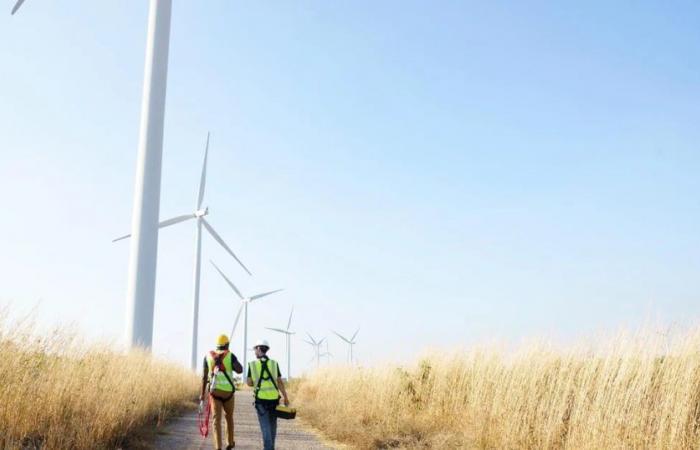Minsait, a subsidiary of Indra, is developing different projects based on artificial intelligence (AI) to allow energy companies to reduce the number of incidents or detect possible risks, as reported by the company in a statement. The company has highlighted that the utilities sector, associated with public services with high quality standards, is promoting the development of innovative projects and, in particular, initiatives related to the world of artificial intelligence. “By monitoring operations, AI allows energy companies to control one of the most sensitive aspects: asset management. For example, to know if there are sparks in a transformation center or if the temperature of certain components rises. Also to monitor the perimeter security of the facilities,” he detailed. Added to this is the possibility of using artificial vision to check which protected species of birds cross a wind farm with the aim of reducing their accident rate or how much dust has accumulated on the solar panels and how it affects their performance. “The needs to predict demand, plan production or forecast the behavior of energy prices explain the opportunity to develop projects based on AI in the utilities, which make up one of the most mature sectors at a predictive level. And the Predictive capacity is, precisely, one of the strengths of artificial intelligence,” added Minsait. In this context, the company has highlighted that the electrification of society will require an “increasingly sophisticated predictive capacity to respond to the expected increase in demand”, driven by ‘smart grids’ and the increasing weight of renewables in the energy mix, including autonomous production by homes with the capacity to dump excess energy into the grid. Thus, he argues that the diversification of energy companies is reconfiguring a “more competitive” map given that sectors such as the automotive sector exert “greater stimulus and increase dependence on electricity” among citizens, which is why the need arises to ensure the capacity and quality of electrical distribution. Minsait has also emphasized that innovation in utilities through AI also impacts citizens and professionals in the sector. “Because of the automation of processes, which allows its professionals to dedicate themselves to higher-value tasks, and because of the improvements it introduces in the area of customer service,” he explained. Regarding this, he has delved into the fact that artificial intelligence automatically monitors and audits communications so that companies can work on several lines in order to improve the experience and personalization of the service. All of this includes everything from customer complaints to the offer of new products and services, knowing what their interests are. In this context, Minsait’s predictive potential works with artificial intelligence so that utilities can improve the predictive maintenance of their assets, increase their operation time and reduce maintenance costs. An example of this is the Minsait project to predict meteorological events that may affect the supply of an electricity company. “Thanks to AI, it was found that, in addition to anticipating phenomena such as storms to prepare the equipment and prevent them from affecting the transformation centers, it could be explained why at certain times the SLA had not been met, an agreement that commits the ‘utilities’ to the public administration to respond to the quality levels of the service. The companies can thus demonstrate that they are not responsible and, therefore, are not subject to the sanctions associated with non-compliance with these contracts,” he indicated. Minsait. Another line of activity is the improvement of employee safety thanks to image recognition, since Minsait allows monitoring the use of personal protective equipment, the dangerous interaction between man and machine and the detection of any event that may pose a risk. for people and operation. “Utilities are a good scenario to develop two technologies of the future: federated learning – since many of these companies’ devices are decentralized – and quantum computing. This is especially interesting for energy markets , which require working in real time, handling a lot of information and processing large amounts of data,” said the Indra subsidiary.
For Latest Updates Follow us on Google News





